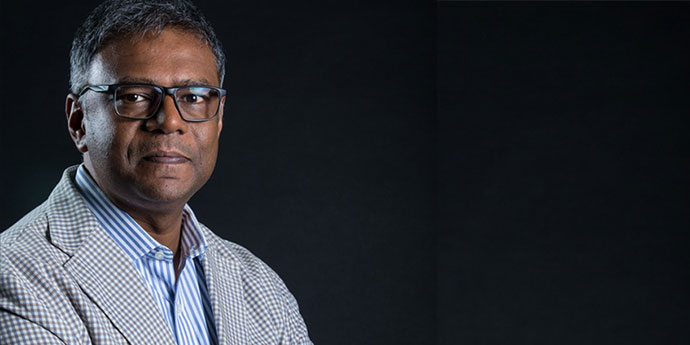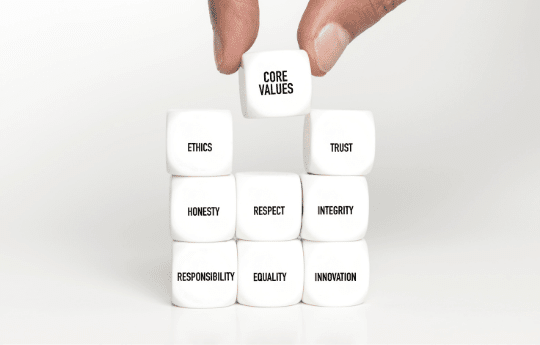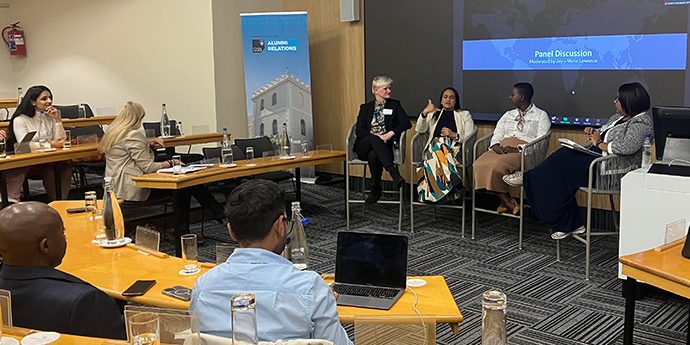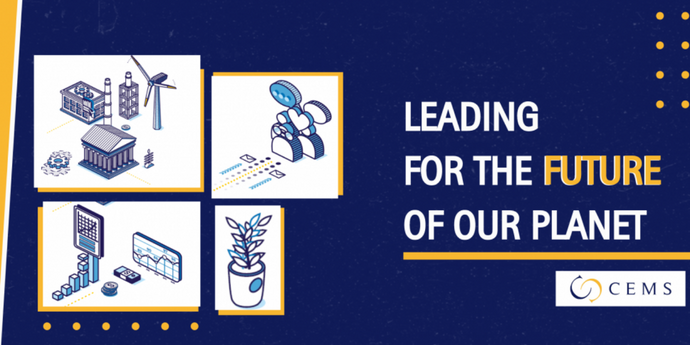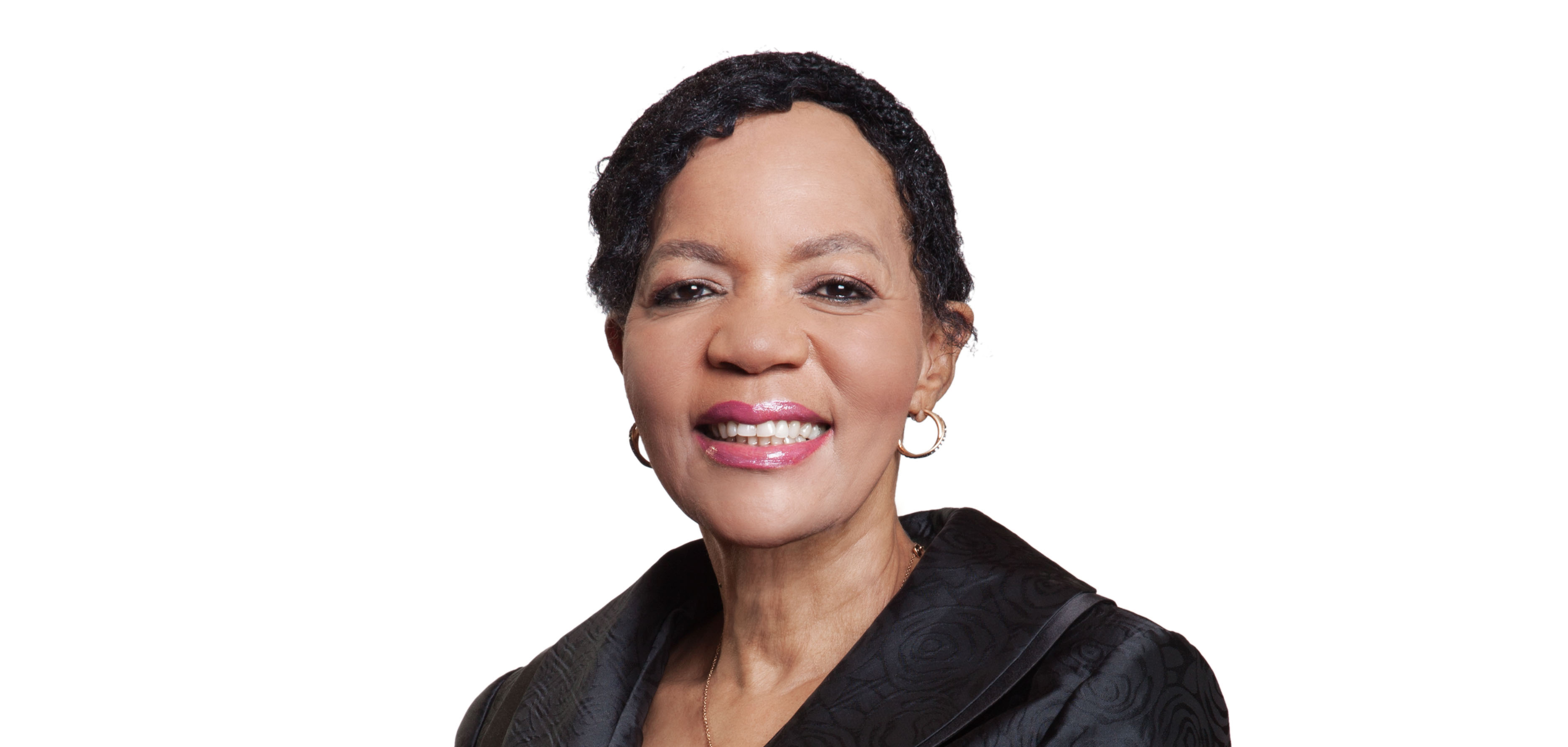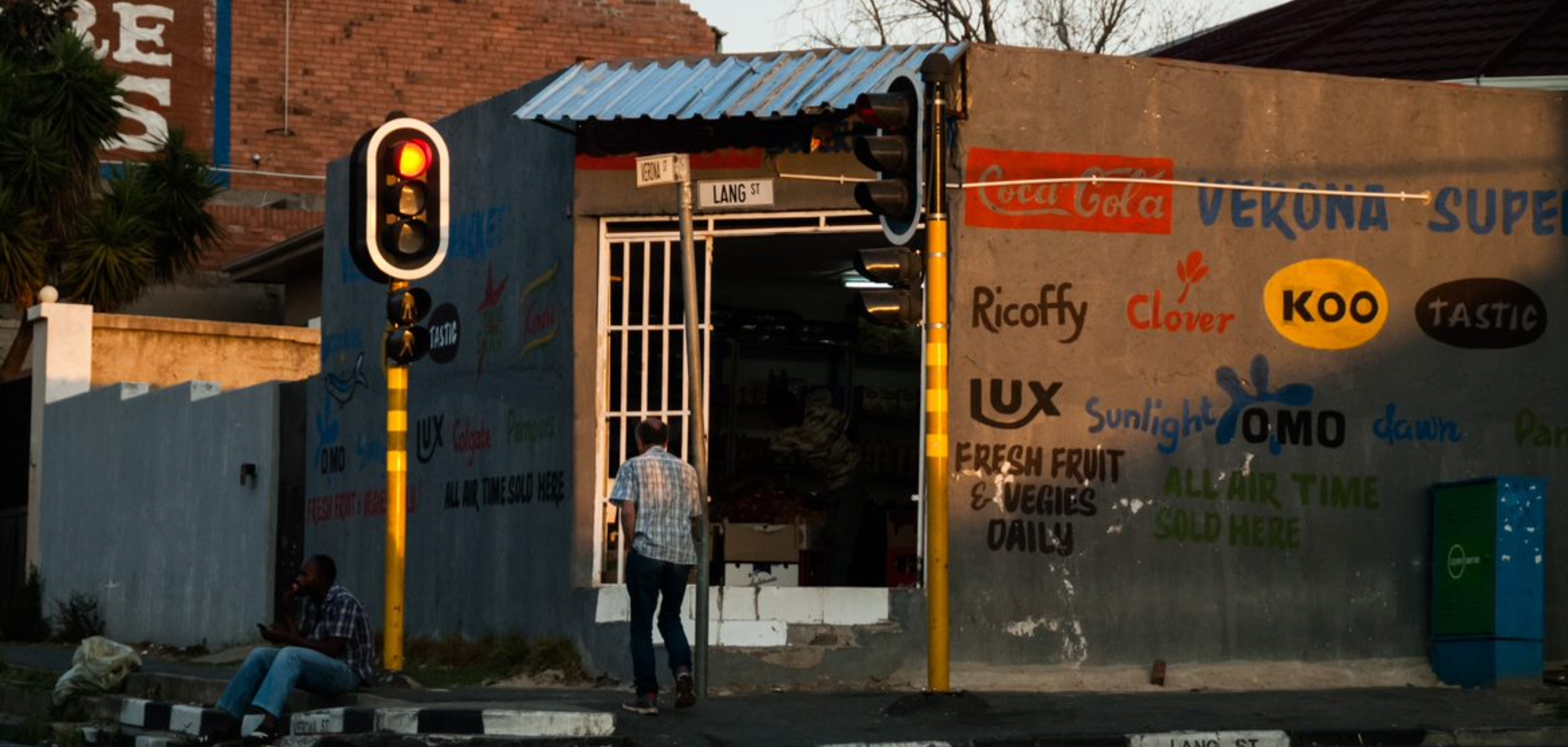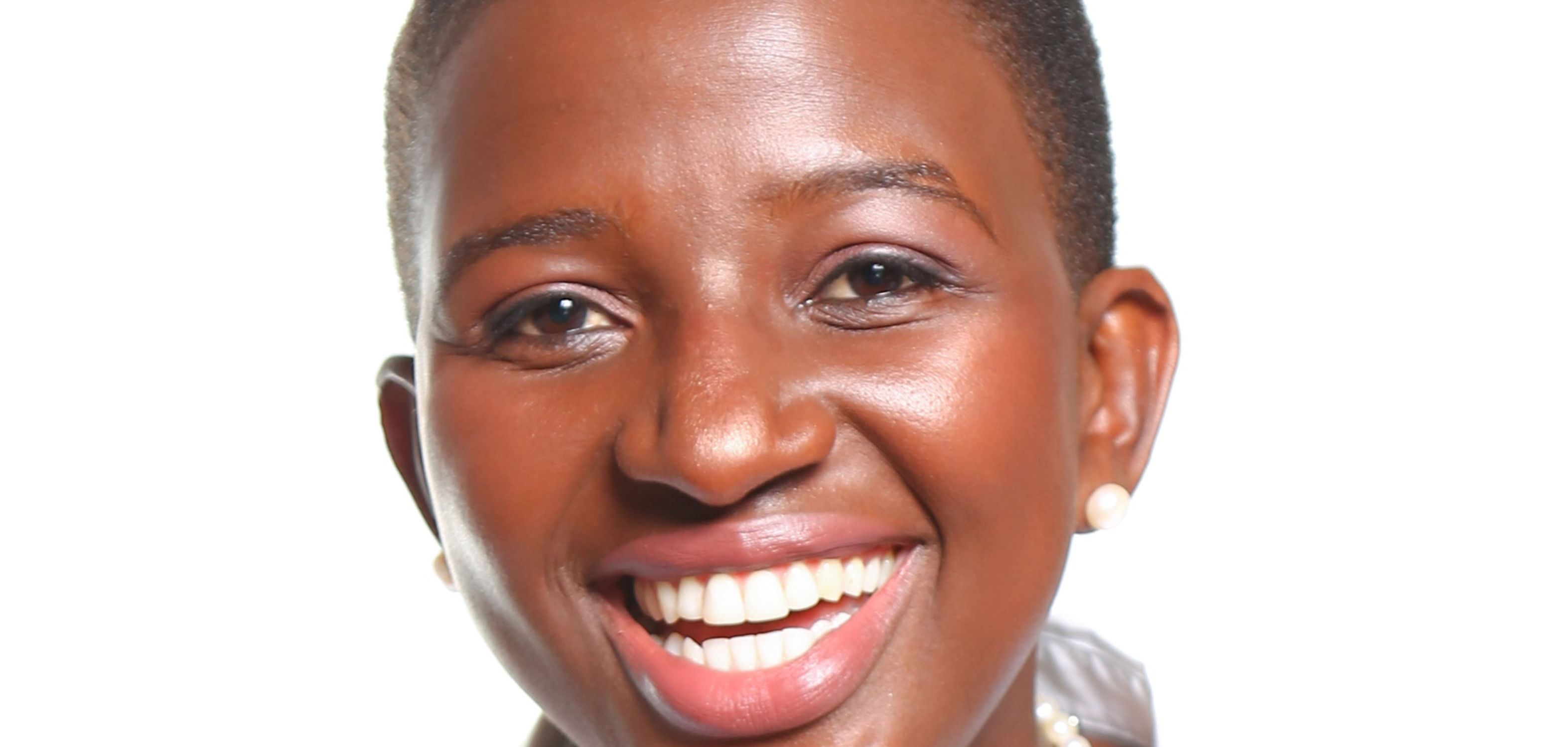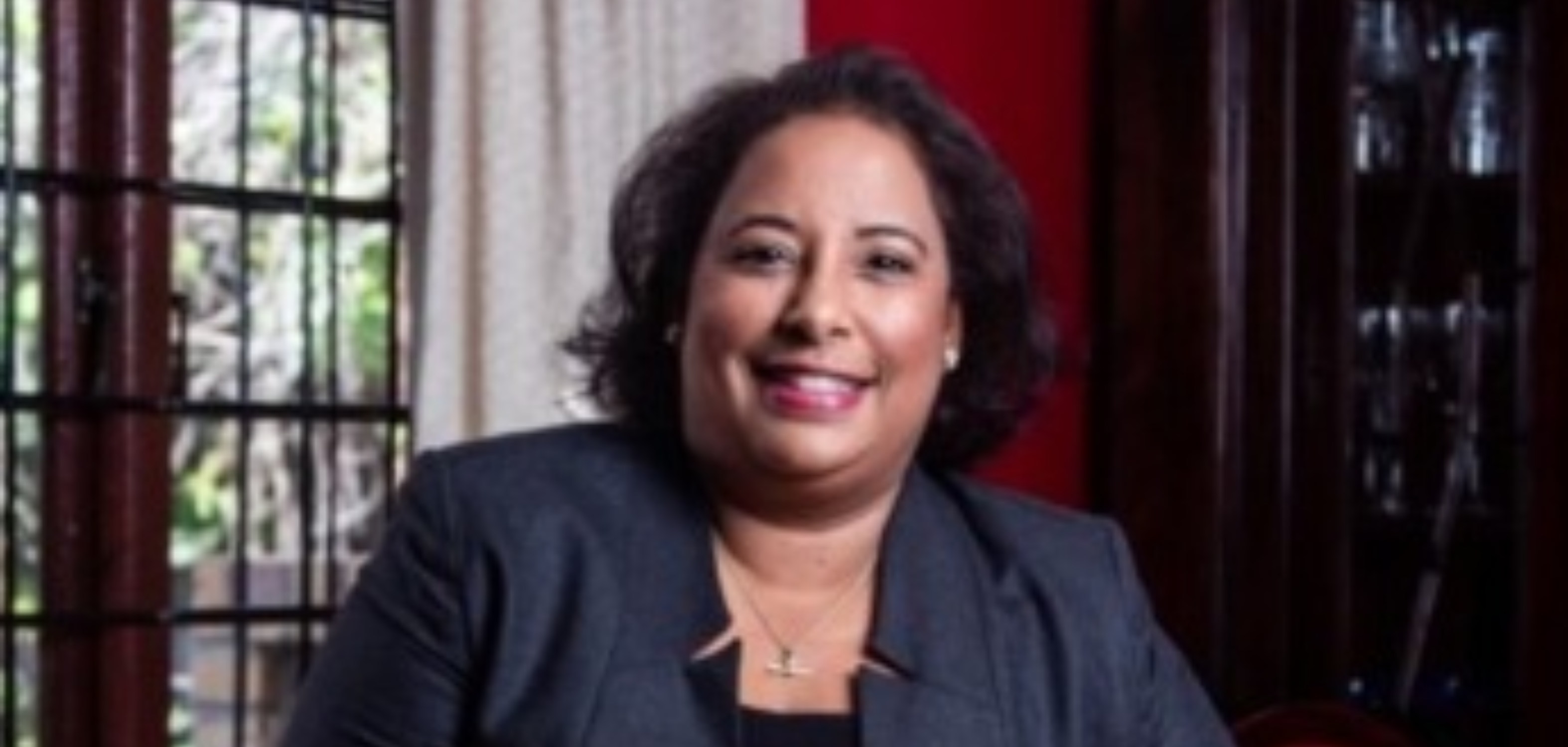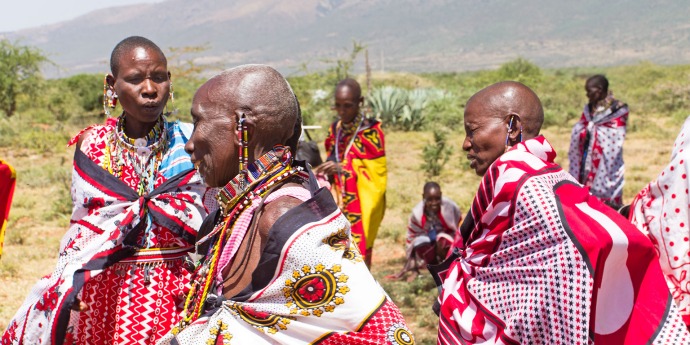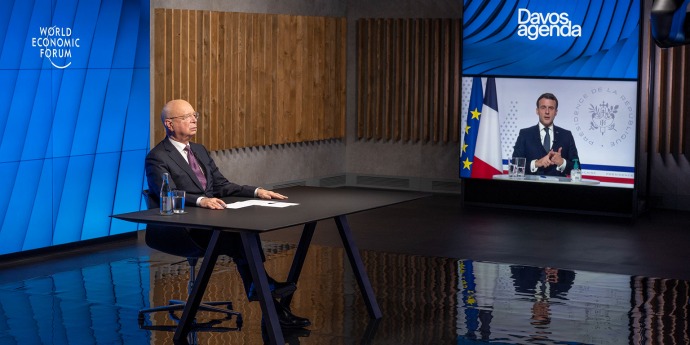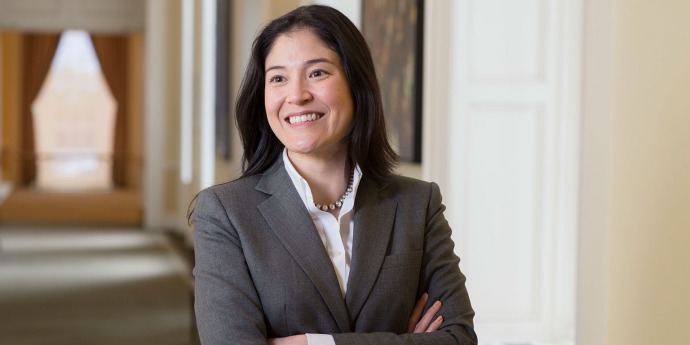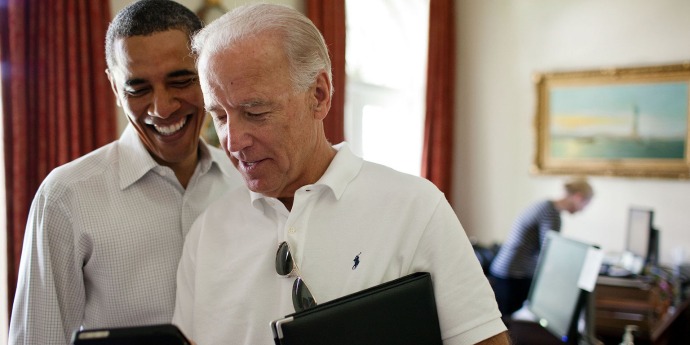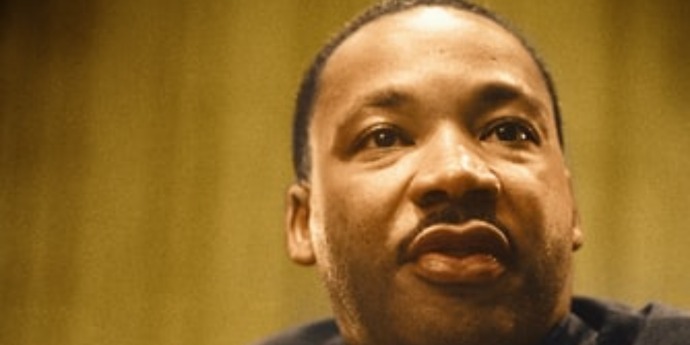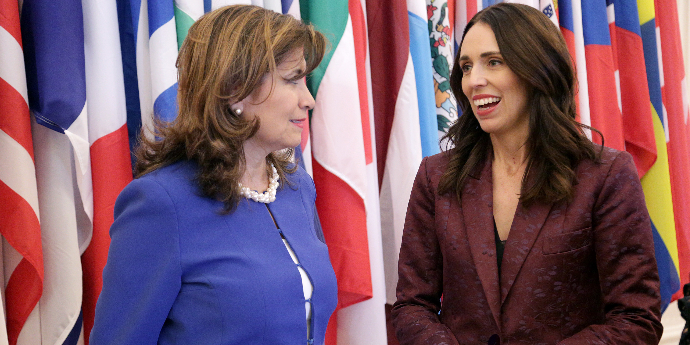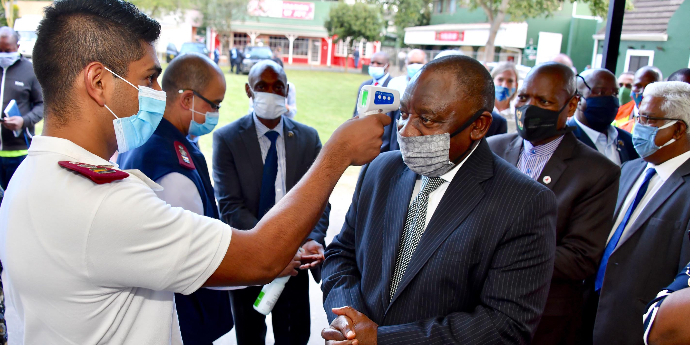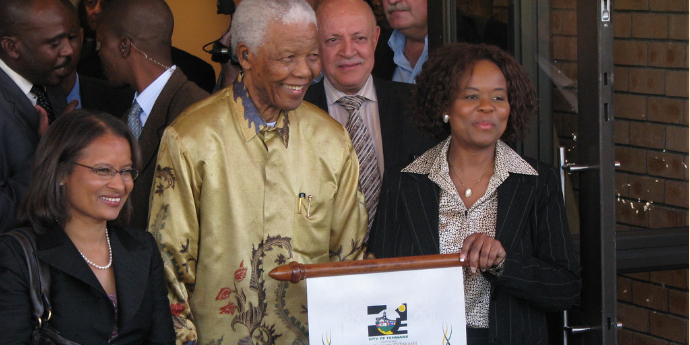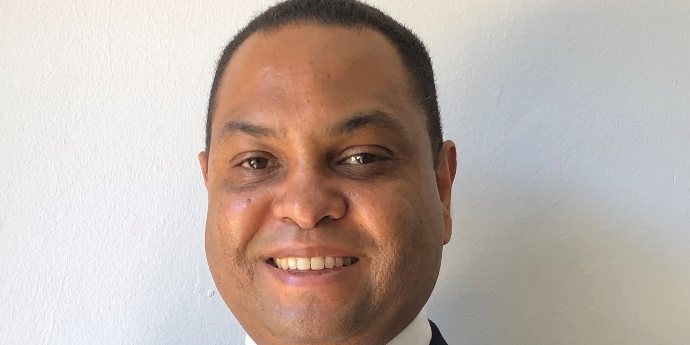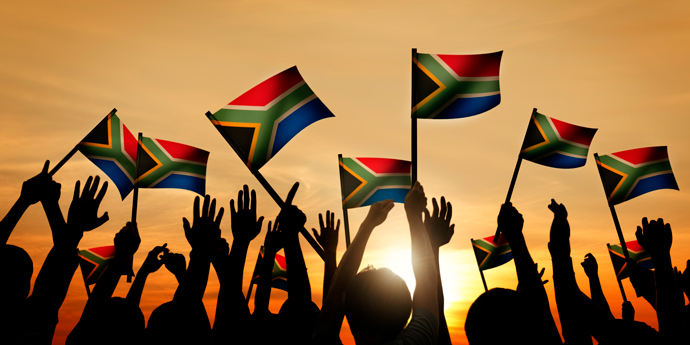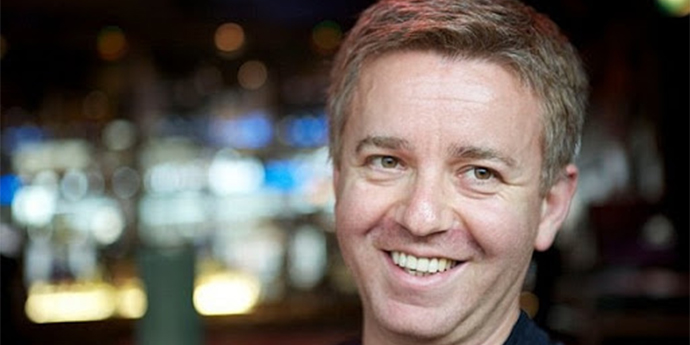There are no words to intellectualise the tragic circumstances we are seeing unfold in Kwa-Zulu Natal and Gauteng. In such times, it is natural to cast about for reasons – an explanation for why this is happening and who is responsible – although this is never a clear-cut process.
It is too easy to find someone – typically the President, or ex-President – or a group – disillusioned and disenfranchised people – to blame, but this is to accept lazy thinking and forget that, “the purpose of a system is what it does (POSIWID)”. This systems-thinking heuristic was coined by Stafford Beer to explain emergent behaviour. Simply put this means that what we wish a system would do is not always the same thing as what it actually does. Thus, democratic South Africa may have set out on paper to create a system that eradicated poverty and created jobs and prosperity. But in reality, it is a system that is producing ever-widening inequality, runaway unemployment and now, widespread social unrest. What has gone wrong?
A better place to start in understanding what’s unfolding in our country right now may therefore be to look to the underlying structure of the system that is driving it.
A system that rewards the wrong things
If we don’t like what we are seeing from our system – how can we change its structure to alter behaviour? We can start by looking at the processes in the system that are driving the negative outcomes, and one of these processes is how we select our leaders.
Plato’s words might be useful to unpack this a bit further. Seeing something similar unfold in ancient Athens, Plato warned the Greeks about an impending crisis resulting from the way democracy was being practised in that city. He was most concerned about the foreseeable decline in human flourishing and excellence if the process of electing leadership didn’t change. Something that is all too visible in the overall assessment of South Africa too. Plato warned that an ‘electioneering circus’ was producing populist leaders – those who promised most loudly to give the electorate what they needed in the short term, even if this was not in their best long-term interests.
He used the analogy of choosing a ship’s captain through a vote based on popularity as opposed to the deliberation of the requisite knowledge and expertise of sailing the seas. If this prevailed, the popular demagogues would, along with the ship (society), ‘crash into the rocks of catastrophe’, he warned.
Plato like other Greek and Chinese philosophers understood the importance of discernment, in clarifying our true needs – broadly put, the things that lead to human wellbeing – rather than the things we want in the short term, which may play to our baser desires. Plato foregrounded the qualities of wisdom, temperance, courage and justice as key to human wellbeing, but these needs may vary from society to society.
So how can South Africans design and build a system that creates human wellbeing as its core outcome?
Designing a new system to co-create the future we need
Sticking with the theme of leadership, leaving aside our system of election for the moment, we could still ask on what grounds could we make a decision on the choice of a leader? Plato was clearly pragmatic and highlighted the importance of expertise. While this has merit could there be other criteria that are important to our society? Plato implicitly also suggested that motivation, or desire to lead for the overall goodness should count. If we can’t risk finding these attributes in one person, since it is just about infeasible to expect this, should we not seek a different system of governance? In this we could draw on the helpful proposals from Nhlanhla Lux and others that urge a return to our roots and to traditional systems of wisdom and humanity, to reconnect with mother nature. An exemplar of this work, in practice, is the ‘unbounded organising’ work of Prof Gavin Andersson and Howard Richards.
Their approach demonstrates the importance of building social cohesion, in practice, through work where the emphasis is placed jointly on human development, social and environmental development and economic development. Importantly, these projects are within communities focussing on priority needs. It unfolds by getting dialogue going in a community to discuss, prioritise, plan and execute projects that raise the overall resilience of the community to meet their joint needs; like setting up food gardens, after-care facilities, bakeries, soup kitchens, garbage collection, compost heaps, etc. Out of this system of organising, the desire for the next projects and improved work practices will emerge – and out of this the communities’ overall cohesion, and resilience will be improved, and this will give birth to other aspirations for themselves and others.
Every South African can be an active participant in the system
In the mayhem that is playing out in our country, there are good people standing for what they cherish and believe in – this is a glimmer of positivity around which we can build.
Can we turn our frustrations and desolation from this moment into a concerted effort to design a better system that magnifies positive actions and outcomes to co-produce a more desirable future? Even if this is not a quick fix – it would require significant investment in dialogue and visioning across all sectors of society as a pre-requisite – it seems like the only sustainable hope.
Whatever system we design, it needs to take seriously this idea that its processes should produce the desire and motivation to search for the endless possibilities that can emerge from our collective excellences; where the desire to improve, and a communal spirit are continually reinforced through the ongoing process of acting and working together to build a better life. In our country, right now, many of the unemployed have skills to offer and are capable of learning and becoming skilled and motivated. It’s the organising and the motivation that is lacking – and this lack inevitably makes the poor ever more dependent on a state to deliver their needs – creating a vicious cycle of decline. As the proverb tells us, it’s the equivalent to giving the hungry fish instead of teaching them to fish.
We can’t ignore for much longer that the organising of our state, inclusive of electioneering and how government works, is actually the most systemic problem. We hold onto the illusion that with different people the outcomes will be better, but this is not the case – we experience a state with weakening capacity and growing demand for its capacity because of the ways we understand its role. And the people are left out of this equation – seen as mere beneficiaries of services as opposed to active participants.
We limp on, observing and seeking high-tech innovations, ignoring the low-tech innovations that relate to organising, we seldom consider changing the organising systems that govern us and creates the dysfunctions accidently. Is it not time to set our sights on kinds of changes that produce organising that is engaging, inclusive and commits us to growing our collective excellence?
Associate Professor Kosheek Sewchurran is the Director of the EMBA programme at the UCT Graduate School of Business.
This article was originally published in the Daily Maverick

